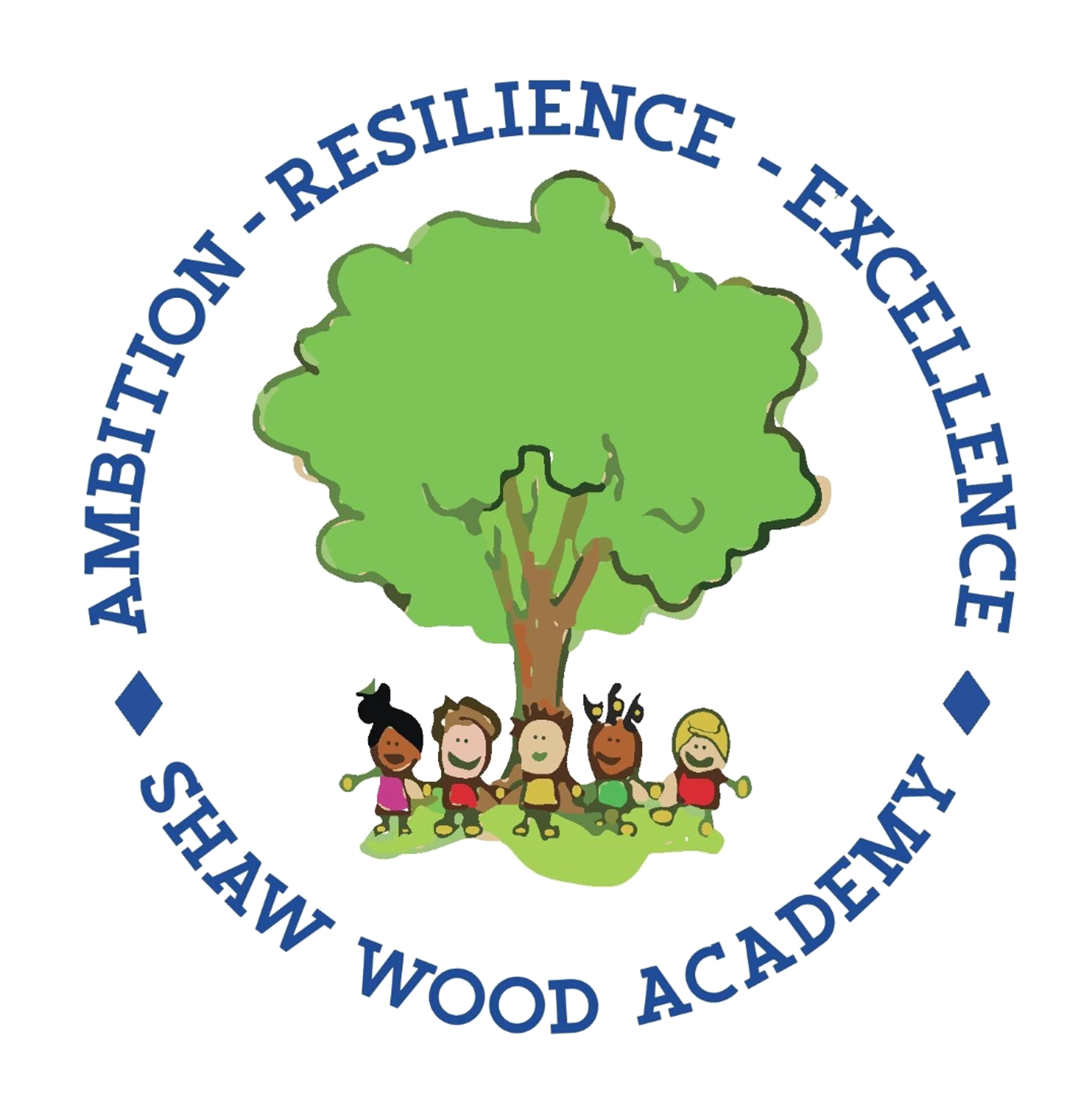Science
At Shaw Wood Academy, we teach science by following the National Statutory Framework for EYFS and the National Curriculum for Key Stage 1 and 2.
Our intent is that the children progress through our science curriculum, acquiring the relevant skills and knowledge, so that they can understand and make sense of the world around them through the specific disciplines of Biology, Chemistry and Physics.
By building up key knowledge of vocabulary and concepts, pupils are encouraged to reason, explain and develop a sense of excitement and curiosity about natural world. They are encouraged to understand how science can be used to explain what is happening, predict how things will behave, and analyse causes with an emphasis on evidence.
Through our continuing emphasis on the importance of science, both in school and around the world, our children develop a clearer understanding of how science influences and changes their lives and how it is vital to the world’s future.
By the time our children leave Shaw Wood they will understand; animals, plants and humans, Light, sound, electricity, forces (push, pull and magnetic) and materials. Similarly, they will have a growing knowledge of our earth; how seasons are created, how gravity works and the phases of the moon. Alongside this, the solar system is also studied.
We will deliver a science curriculum that:
- builds upon prior knowledge and a progression of skills to ensure all children have a secure understanding and knowledge of key science concepts first
- provides a range of hands-on experiences to promote engagement and presents opportunities for the discussion and questioning which develop understanding
- develops key scientific skills, including observing, predicting, problem solving, decision making, communication and critical thinking
- provides opportunities for different types of enquiries, such as pattern seeking, observing over time, classifying and grouping, comparative and fair testing and research using secondary sources
- develops creativity and curiosity, so that children ask questions about the world around them and have the desire to explore and investigate
- As children progress through the school, they will learn the knowledge of how to work scientifically and how to investigate.
Implementation
Over the course of a unit of work there a mixture of substantive and disciplinary knowledge, making our lessons, engaging, fun and memorable. In KS1 and KS2 science is taught on a weekly basis as a discrete lesson.






